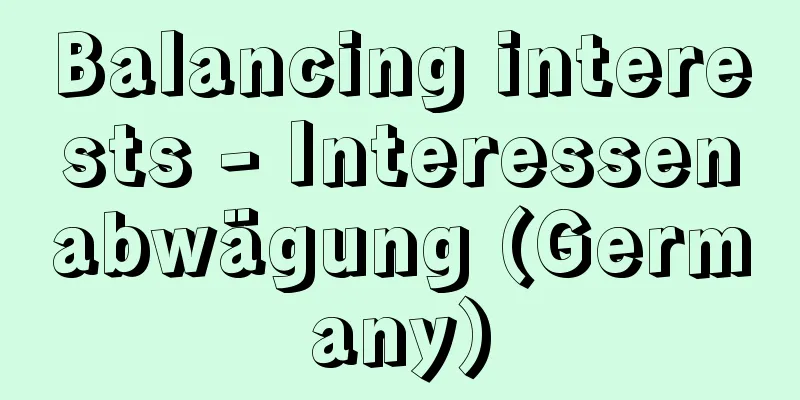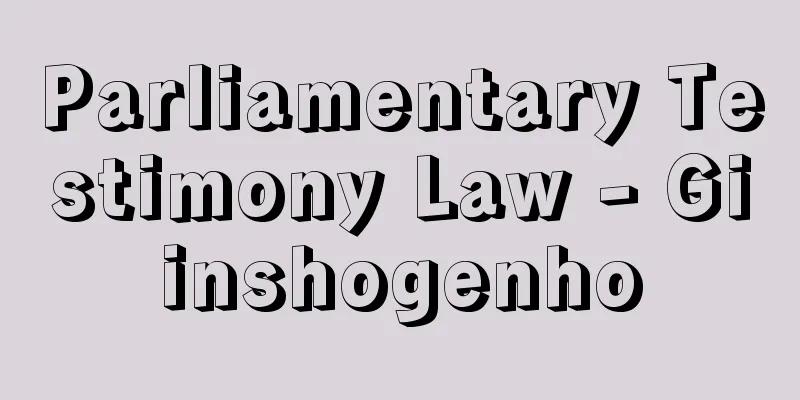Balancing interests - Interessenabwägung (Germany)

|
A legal term. In a trial or in interpreting the law, the act of exploring the interests that are actually in conflict and weighing them to determine which one to adopt. Today, there are very few adherents to conceptual jurisprudence (the position that assumes that laws are complete and flawless in themselves, and therefore that concretely valid judgments can be drawn on all issues simply by abstractly and logically manipulating legal concepts). This is because it has become generally recognized that in reality, not all conclusions can necessarily be drawn unambiguously from the provisions of legal regulations. Source: Heibonsha World Encyclopedia, 2nd Edition Information |
|
法律学上の用語。裁判ないし法の解釈にあたって,現実に対立している諸利益を探究し,比較衡量していずれをとるかを決すること。今日では,概念法学(法規をそれ自体として完結的かつ欠缺(けんけつ)のないものと想定し,したがって,法規上の概念を抽象的・論理的に操作するだけで,すべての問題について具体的に妥当な判断を引き出すことができると考える立場)を信奉する者はほとんどいない。それは,現実には,必ずしもすべての結論が法規の条文から一義的に引き出せるとはいえないことが一般的に認識されるようになったからである。
出典 株式会社平凡社世界大百科事典 第2版について 情報 |
Recommend
Port of Eunostos - Eunostos Port
...The royal palace, government offices, and acad...
Kyona (Kyoto greens) - Kyona (English spelling) Brassica rapa var. laciniifolia
A biennial plant of the Brassicaceae family. Botan...
Sawayama Poro
Year of death: March 27, 1887 Year of birth: 1852....
Tobe [town] - Tobe
A town in Iyo District, located in central Ehime P...
Osaka Kaisho
...For this reason, there were cases where financ...
Liujiaxia - Liujiaxia
This is a large canyon that spans three counties, ...
Engürü (English spelling) Enguru
…It is located at almost the same latitude as Mor...
Luqmān (English spelling)
A legendary figure known in the Arab-Islamic world...
Dalmatica (English spelling)
A tunic-style garment introduced from Dalmatia to ...
Iapetus
Saturn's eighth moon. Discovered by G.D. Cassi...
Bodjani
…In Serbia, under the Ottoman Empire, the traditi...
Procellariidae
...A general term for birds in the Procellariidae...
Kinsho - Kinsho
…It is widely cultivated throughout the country a...
Kibiso
...A general term for those that do not become ra...
Bragg condition
Also known as Bragg's formula, this is the ba...









